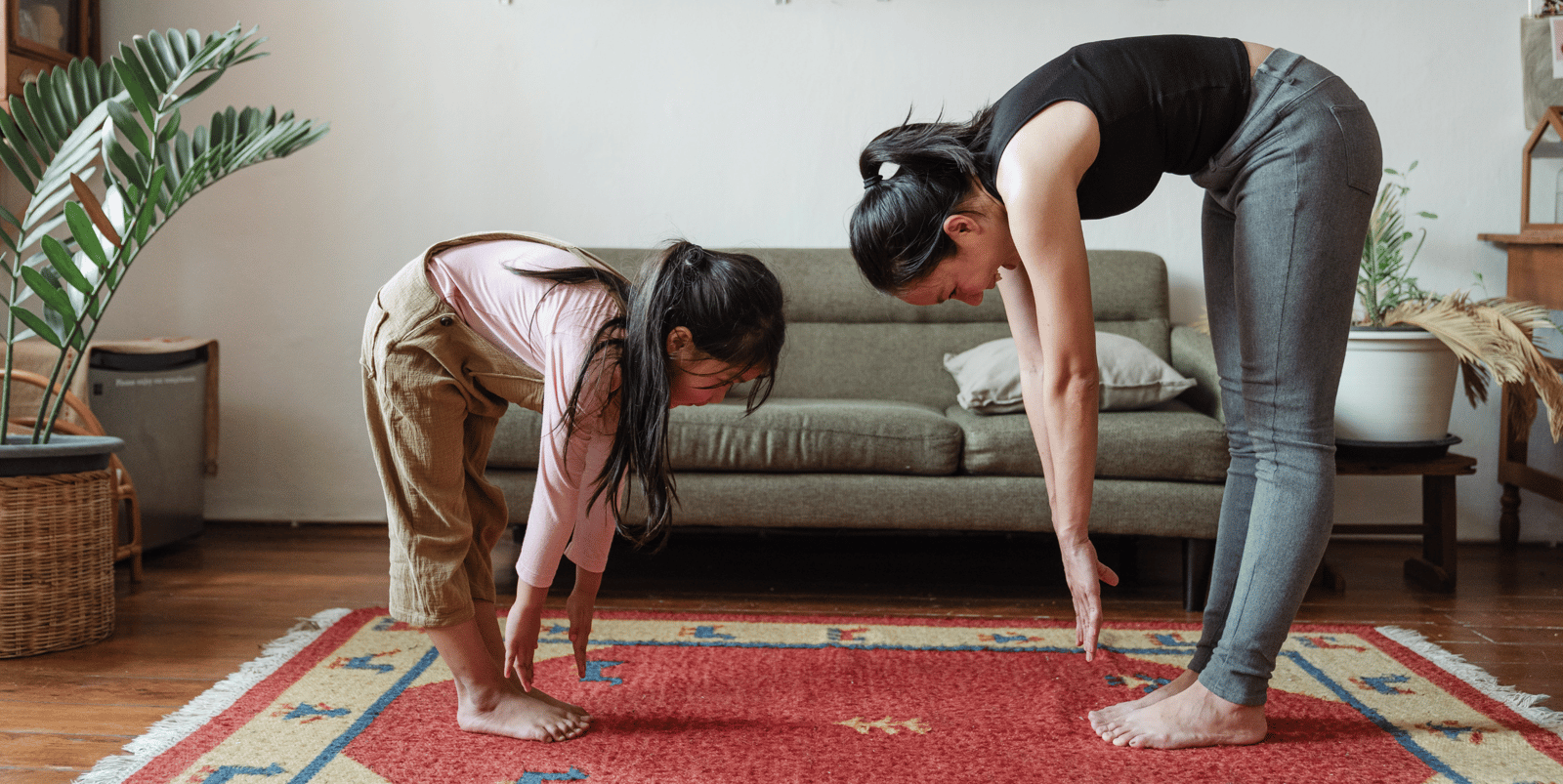Understanding physical wellness with LiveWell
Physical healthHealth TipsJanuary 10, 2024
Maintaining physical wellness means maintaining a quality of life in a way that helps us get the most out of our daily activities without undue fatigue or physical stress.
There are various ways in which our lifestyle can impact our physical wellness, including our sleep pattern, our diet, and how much exercise we’re getting. Maintaining a healthy body can have positive effects across our lives by taking away some of the stress caused by potential physical ailments. This can help us to focus better at work or at school, be more present around our families, and allow us to engage better with our hobbies.1.
Incorporating physical wellness into our daily routine can be challenging, but it is essential for our overall wellbeing. Here are some tips to help cultivate physical wellness:
- Get enough sleep: Aiming for 7-9 hours of sleep every night helps to keep us healthy and functioning every day. Sleep lets our bodies and brains repair, restore, and reenergize. Not getting enough sleep can cause us to experience side effects like poor memory and focus, weakened immunity, and sudden mood changes. Daily meditations or breathing exercises can help to calm us before bed and ensure we get enough sleep.1,2,3.
- Eat a balanced diet: Maintaining a balanced diet ensures that we consume all the essential elements that the human body needs. Carbohydrates, lipids, vitamins, minerals, proteins, fiber, and water are all essential components in a well-balanced diet. A nutritious, well-balanced diet lowers the risk of disease and enhances general health. We should aim to incorporate at least 5 servings of fruits and vegetables per day, as well as plenty of lean protein, while avoiding large amounts of processed sugars and saturated fats. 1,4.
- Be physically active: Aiming for 30 minutes of moderate-intensity exercise per day, incorporate strength training and stretching into our exercise routine, can help us maintain a good base level of physical fitness. Regular physical activity such as walking, cycling, or active recreation provides significant benefits for health. By becoming more active throughout the day in relatively simple ways, we can maintain a consistent routine of healthy exercise. Physical inactivity is one of the leading risk factors for noncommunicable disease mortality, with insufficiently active individuals having a 20% to 30% increased risk of death compared to people who are sufficiently active.1,5.
- Manage your stress: Physical activity can help reduce stress levels, and getting enough sleep and eating a healthy diet can also help. As with most aspects of our health, taking the time to look after ourselves in one area can have positive impacts across our lives. Learning to reduce our stress levels helps improve our physical wellness, while regular exercise, a balanced diet, and adequate sleep can help us to feel less stressed. Take care of your body and give yourself a break if you feel stressed out.1,6.
- Get an annual medical check-up: Regular check-ups can help detect health issues early on and prevent them from becoming more serious. A regular physical health check can help to detect diseases early, or even before they surface, and keeping a good base level of fitness can help us to notice better when we feel out of sorts. Catching diseases early means that potential treatment options will often cost less and can make treatment processes far simpler than they might be otherwise.1.
Overall, physical wellness is an important aspect of our complete wellbeing, as it enables us to perform daily activities without feeling unusually tired or physically stressed. It can also help to prevent chronic diseases by encouraging us to keep a closer eye on ourselves throughout the year. Maintaining a strong state of physical wellness requires us to engage with our physical health just a little bit each day. By being physically active, eating a balanced diet, getting enough sleep, and avoiding harmful behaviors such as smoking and excessive alcohol consumption, we can all make positive daily choices that have a positive impact across our lives.

References:
1. Physical Wellness: What It Is, Why It’s Important, and How to Cultivate It - by health Penn State
2. Physical Well-Being - by University of Pittsburgh
3. What Is the Purpose of Sleep? - by healthline
4. Healthy diet - by World Health Organization
5. Physical activity - by World Health Organization
6. Coping With Stress - by Centers for Disease Control and Prevention
